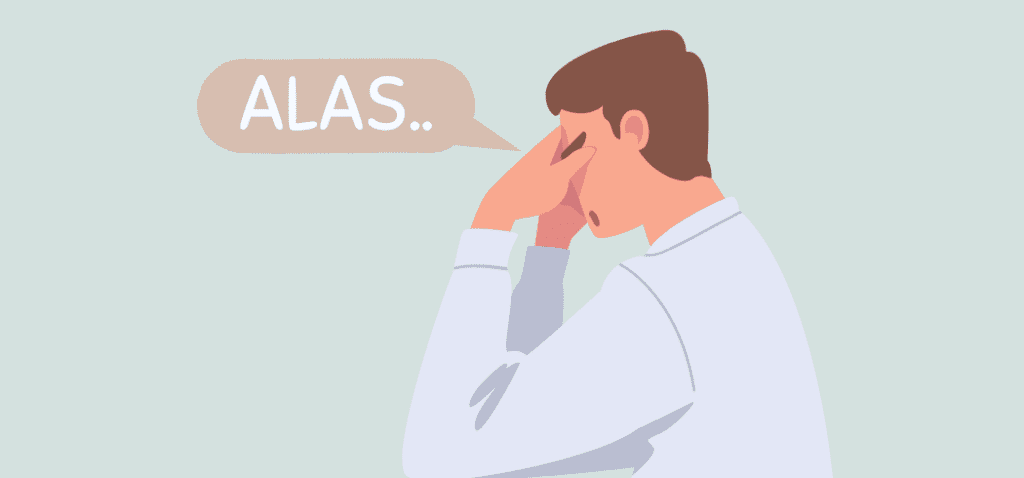It’s apparently also got the size for it:

If I had 2 cobras watching my back I too would grow as big as I wanted without giving a shit.
Wtf that looks sick
The crazy thing about this is not just how evolution reverse-engineered what a snake looks like to a bird (or whatever preys on this moth), but also that some birds are born with an image burned into their brains labeled “avoid.” Snakes are such a problem to animals that may also prey on this moth, that a moth was able, over millions of years of evolution, to mimic that image through selective pressure. We’re not seeing here a moth mimicking a snake, we are seeing a moth’s wings resembling the image its prey holds in its brain of what it should identify as its own predator. An image that, itself, is held genetically and passed down from animal to animal, built by its own selective pressure. It’s amazing that this could produce such a clear image that’s immediately recognizable to us.
Or to boil it down:the ones who’s wings looked more like snakes had more babies cuz they’re weren’t dead.
The ones whos wings looked like what their predators think a snake looks like survived more often.
I’m not their predator and I think a snake looks like that too. I therefore think the image is pretty acurate.
That means we see snakes similarly to the way their predators do.
From a different perspective, the bee mimic orchid only vaguely looks like a bee to us, but it still successfuly tricks bees, so image accuracy isn’t the only factor. Both mimics can give us interesting insughts into how other animals see the world.
Yeah, I’ll add another example where it doesn’t work on us people, just for the fun of it. Tigers are quite strikingly orange and one wonders how they can hide in the greenery without being immediatelly spotted by their prey. But their prey sees the orange colour differently, for them, tigers blend with their surroundings perfectly!
I mean don’t we also sort of carry that same image (obviously not exactly, but sorta) in our genes?
My dog will jump when I accidentally step on stick so that it suddenly moves, he has never seen a real snake. Non moving sticks that look like a snake? Doesnt react at all, I guess that routine was causing too many false positives and has not been propagated
Evolution’s fucking badass!
The process that made these images is very similar to the ones used by genAI in some ways.
Yes, that’s exactly what I was thinking! They cannot really tell what they look like or what they should look like. But based on various pressures and weights, they slowly get pushed to look like a cobra, for example. Amazing!
Can someone explain the comment. What does “hot girl shit” even mean.
It’s one of Megan Thee Stallion’s catch phrases that she says in a lot of her songs, and she also uses a lot of snake imagery. She has a song called Cobra.
two cobras watching your back, undoubtedly
Two or three years ago it was just another snake cult, now… they’re everywhere.
She slays.
Moths are awesome, there’s no “Alas” about them!
I came for the alas, stayed for the atlas.
ngl it got me. It’s confusing attack was highly effective.
The butterfly is called Attacus for a reason.
I am down to respectfully admire any snake, but moths freak me tf out sorry
Your loss tbh, moths are fkn awesome
I know, my brain is just very unhappy when it registers one :') I am getting better at it tho, only cried a little bit the last time a moth made it into my apartment

Alas! Moths.
First step: Google it to make sure it’s not generative AI.
Second step: allow oneself to be amazed.
where is your god now?
Nature is fucking amazing
Looks AI generated, LOL.












